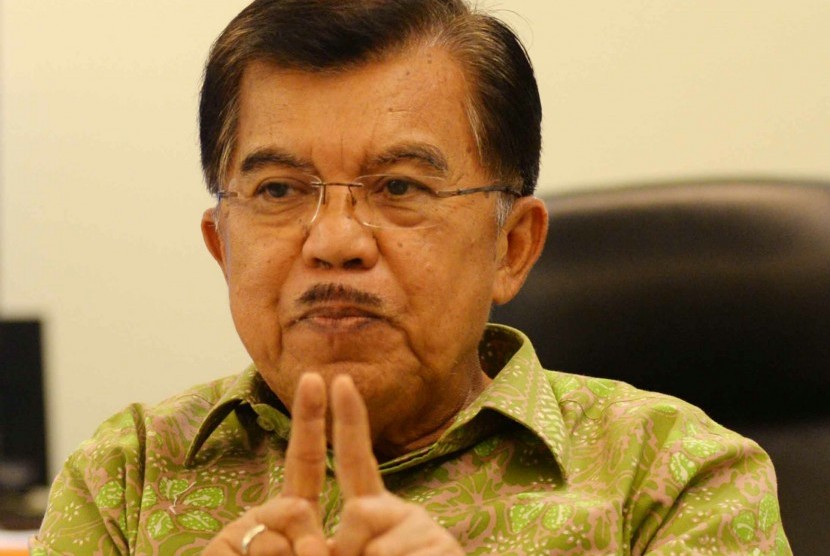REPUBLIKA.CO.ID, JAKARTA - Vice President Muhammad Jusuf Kalla said the selection of teachers should be more stricter than the selection of Civil Servants (PNS) more so because of the greater responsibility in the teacher's’ role to educate the nation.
“A teacher’s duty is to educate the nation and thus a teacher should be more intelligent than the students. Therefore, test for teachers should stricter than others," said Jusuf Kalla in a seminar organized by the Indonesian Teachers Association (PGRI) in Jakarta, Friday (27/5 ).
The Vice President added because of the severity of a teachers’ task, teachers can not directly be appointed honorary civil servant (PNS) teachers. Instead, they have to go through a selection pattern. "For the sake of the quality of education, we can not directly lift honorary teachers as civil servants. If local government later on recruited many honorary teacher then made them all civil servants without taking into consideration of the quality," he said.
According to him, the teacher job is not similar to those of the municipal police whose job it more to restrain and control. "Teachers are originally not al police straight away. But the nation," he said.
The Vice President also added that teachers must continue to learn and are not satisfied with the knowledge that already exists in him.
The problem of teachers, he said, lies not in the number of teachers but the distribution system is uneven. The number of teachers accumulating in urban areas is far greater than those in villages. "We are thinking of distributing teachers across the provinces. So that we can easily solve the shortage problem of teachers.”
Secretary General od Ministry and Education and Culture, Didik Suhardi, said one way out of the problem of uneven teacher is through the Master's program frontline. The program sends the best teachers to be placed in remote areas, behind, and the outermost.



